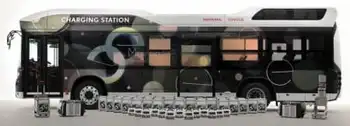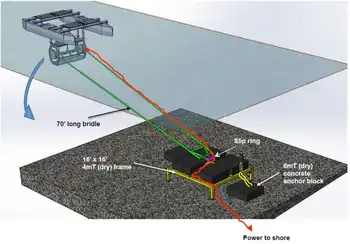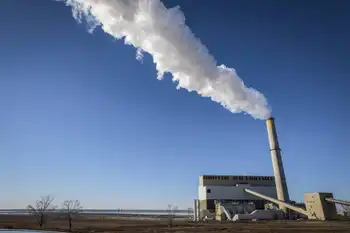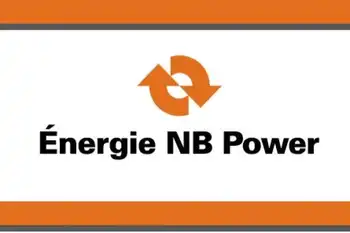Regulators approve Maine grid upgrade
The state's largest electric utility plans to build a new 345,000-volt transmission line from Orrington to Eliot, doubling the capacity of the grid's backbone. CMP contends the improvements, the first major upgrade since 1971, are needed to keep the power grid stable beyond 2012.
"I am satisfied that the project will bring net economic benefit to Maine ratepayers and will allow Maine to meet its electric transmission needs for the next ten years," said commission Chairwoman Sharon Reishus.
The utility hopes to get final permits from the Army Corps of Engineers and start construction in June, CMP spokesman John Carroll said.
The plan the commission approved includes a pilot program for "smart grid" and non-transmission alternatives, $17 million for energy efficiency programs, the creation of an ombudsman to resolve landowner issues and additional money to support Maine's participation in electricity transmission planning.
The Maine Department of Environmental Protection, the state's primary environmental regulatory agency, already has approved the project, as have more than half of the 81 cities and towns along the route, CMP said.
Maine ratepayers will pay 8 percent of the cost. Other users of the New England power grid will pay the rest, officials said.
CMP said the project will create about 2,100 new jobs and provide $61 million in wages for each year of construction, scheduled to end in 2015.
Related News
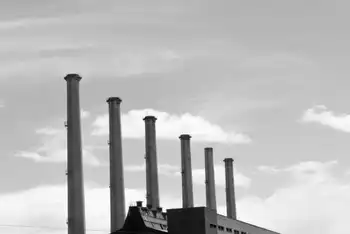
Coal, Business Interests Support EPA in Legal Challenge to Affordable Clean Energy Rule
WASHINGTON - The largest trade association representing coal interests in the country has joined other business and electric utility groups in siding with the EPA in a lawsuit challenging the Trump administration's repeal of the Clean Power Plan.
The suit -- filed by the American Lung Association and the American Public Health Association -- seeks to force the U.S. Environmental Protection Agency to drop a new rule-making process that critics claim would allow higher levels of greenhouse gas emissions, further contributing to climate change and negatively impacting public health.
The new rule, which the Trump administration calls the "Affordable Clean…


